Calm by Arrae is a natural and effective way to unwind in the evening or find some Zen during a stressful day. Anxiety is a very common mental health complaint and an estimated 284 million people across the globe were reported to experience anxiety in 2017. Anxiety disorders can be successfully treated but only about 37% of people suffering from anxiety seek treatment. Anxiety is thought to develop from a variety of factors including genetics, brain chemistry, personality and life events. There are a variety of botanical medicines and nutrients that have been proven to be effective in promoting relaxation in anxiety disorders and during normal periods of increased stress. Calm by Arrae contains several well studied natural anxiolytics including passionflower, l-theanine, inositol and magnesium bisglycinate. Calm combines these four ingredients to safely and effectively decrease stress and increase a sense of well-being.
Passionflower is proven to be effective in decreasing anxiety and improving mood. This botanical appears to relieve anxiety and improve sleep by increasing the level of GABA in the brain. GABA is our primary inhibitory neurotransmitter and is responsible for reducing neuronal excitability in the nervous system. Research has shown passionflower to be effective in significantly improving both the quality and duration of sleep. Passionflower also improves general mental and physical health without causing any unwanted sedative effects. Passionflower can interact with sleep medications and more research is needed regarding its safety when used during pregnancy, but it is otherwise generally a safe botanical intervention. The soothing effects of passionflower in Calm are complimented by l-theanine, magnesium and inositol.
In addition to passionflower, there are a variety of nutrients that promote a sense of calm and well-being. L-theanine, magnesium and inositol are some of the more well-known nutrients that have research to support their effectiveness in decreasing anxiety. L-theanine is an amino acid found in green tea. It has been shown to significantly reduce stress and anxiety levels and improve sleep quality when compared to placebo. It is proposed that l-theanine promotes relaxation by increasing levels of the neurotransmitters GABA, serotonin and dopamine. L-theanine is generally well tolerated with minimal side effects.
Inositol is found naturally in cantaloupe, citrus fruit, peanuts, beans and whole grains. It is found in two forms in the body, myo-inositol (often referred to as simply, “inositol”) and D-chiro-inositol. Although inositol is also known at vitamin B8, it isn’t actually a vitamin but instead a type of sugar. Inositol plays a role in the function of neurotransmitters in the brain and throughout the body. Its beneficial effects on anxiety may be due to its influence on serotonin uptake inhibitors but more research is needed at this time. Like l-theanine, inositol is generally well tolerated and safe with no known adverse reactions with other medications or supplements.
Magnesium is one of the most abundant minerals in the body and plays an important role in numerous bodily functions. There are several different types of magnesium including magnesium oxide, magnesium citrate, magnesium lactate and magnesium glycinate. Magnesium glycinate is often used to promote relaxation and is less likely to cause diarrhea than other forms of magnesium. Magnesium glycinate helps to decrease anxiety by assisting in regulating neurotransmitters and the HPA axis. The HPA axis, or hypothalamic pituitary adrenal axis, is the backbone of our stress response system. Magnesium can help to decrease over-activity of the HPA axis, leading to increased feelings of calm and well-being.
Unfortunately, magnesium is often deficient in modern diets. Common symptoms of mild to moderate magnesium deficiency include anxiety, depression, fatigue, insomnia, irritability, panic attacks, muscle cramps, chest pain, headaches and more. This is due not only to a decreased intake of magnesium rich foods, but the fact that modern soil is depleted of many minerals including magnesium. Common symptoms of mild to moderate magnesium deficiency include, but are not limited to, anxiety, depression, fatigue, insomnia, irritability, panic attacks, muscle cramps, chest pain, constipation and headaches. Magnesium is generally safe and well-tolerated and many may benefit from supplementation of this mineral.
If you are looking for a natural and effective supplement to help you unwind or ease the tension associated with occasional anxiety, Calm by Arrae may be a great choice for you. Calm can be taken during the day or in the evening. The passionflower, l-theanine, inositol and magnesium found in Calm combine to synergistically promote relaxation without causing sedation or brain-fog. Calm is safe to take frequently and is formulated to quickly take effect in times of need.
References:- Hidese, Shinsuke et al. Effects of L-Theanine Administration on Stress-Related Symptoms and Cognitive Functions in Healthy Adults: A Randomized Controlled Trial. Nutrients. 2019 Oct; 11(10): 2362.
- Akhondzadeh, Shahin et al. Passionflower in the treatment of generalized anxiety: a pilot double-blind randomized controlled trial with oxazepam. Journal of Clinical Pharmacy and Therapeutics. 2001. DOI: 10.1046/J.1365-2710.2001.00367.X
- Tarleton, Emily K et al. Role of magnesium supplementation in the treatment of depression: A randomized clinical trial. PLOS ONE. June 2017: https://doi.org/10.1372/journal.pone.0180067
- Gaby, Alan R, M.D. Nutritional Medicine, 2nd Edition. Magnesium pgs. 141-146. 2017.

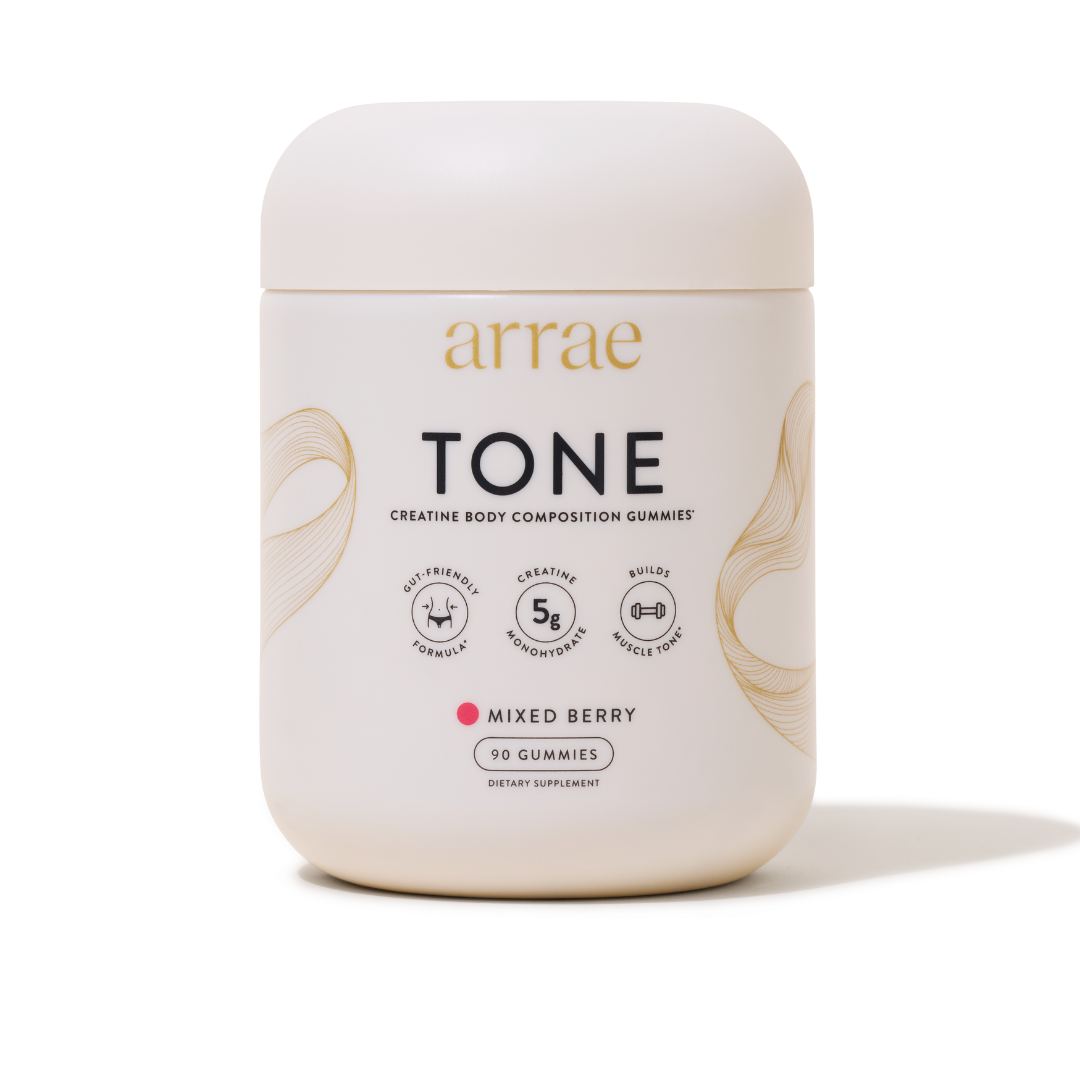
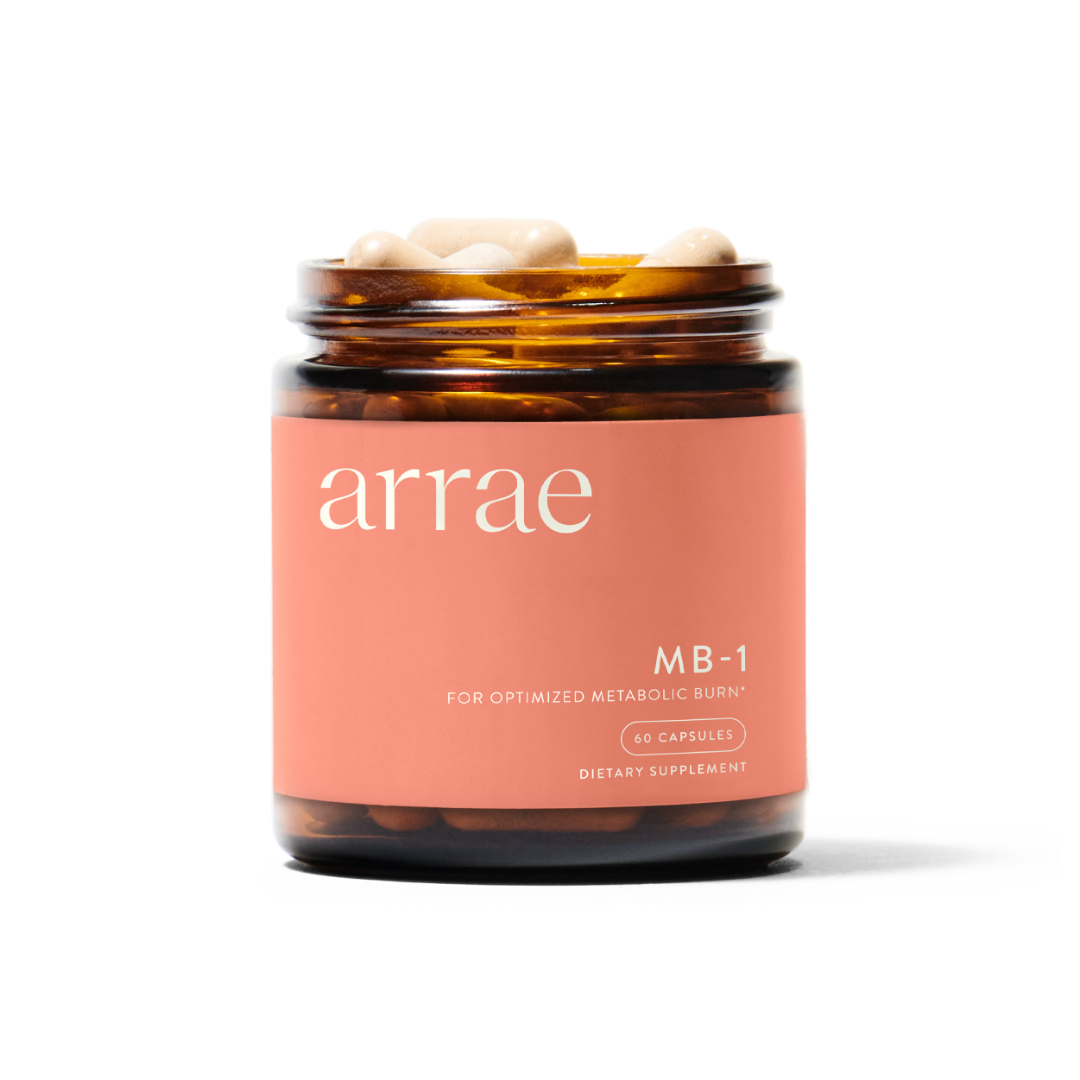
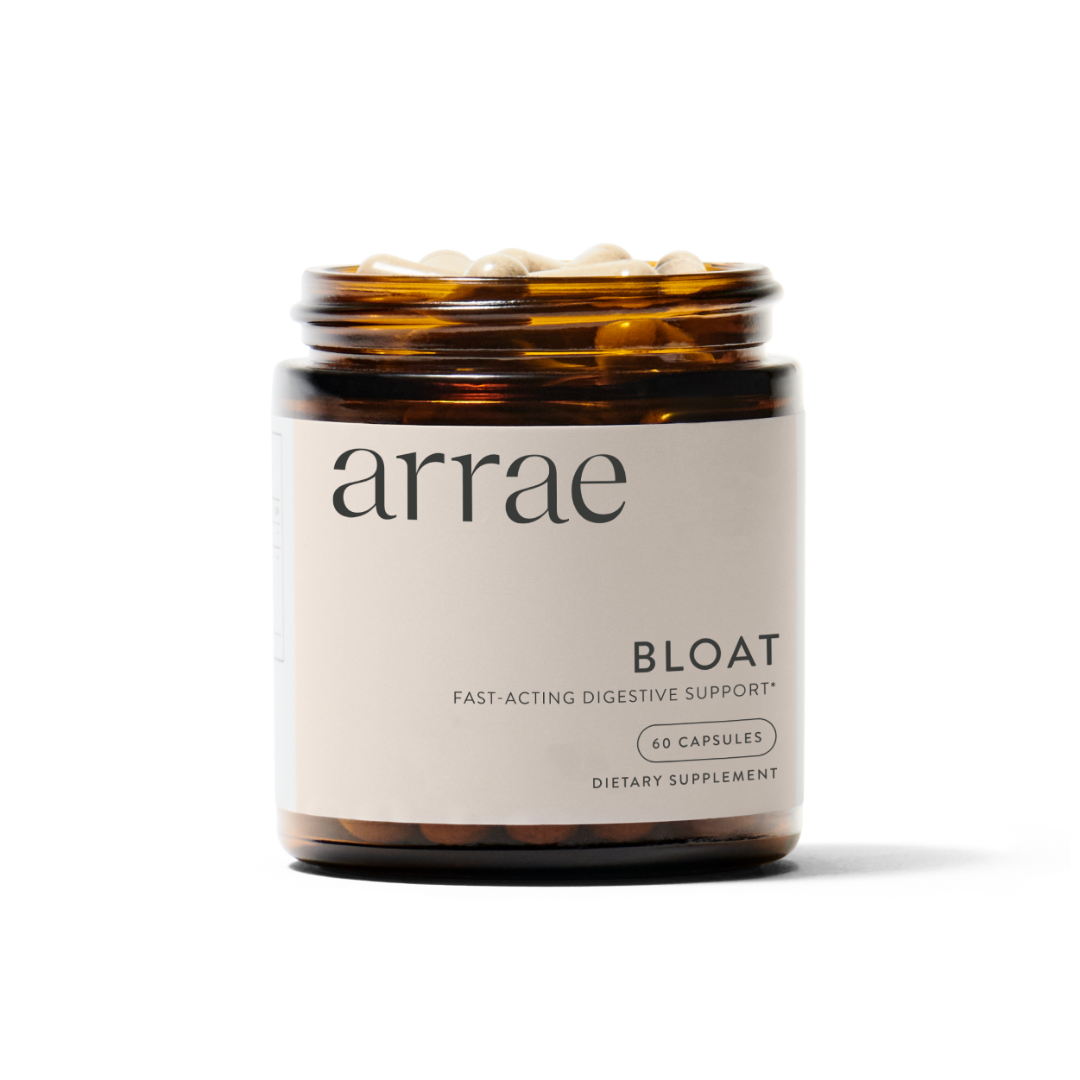
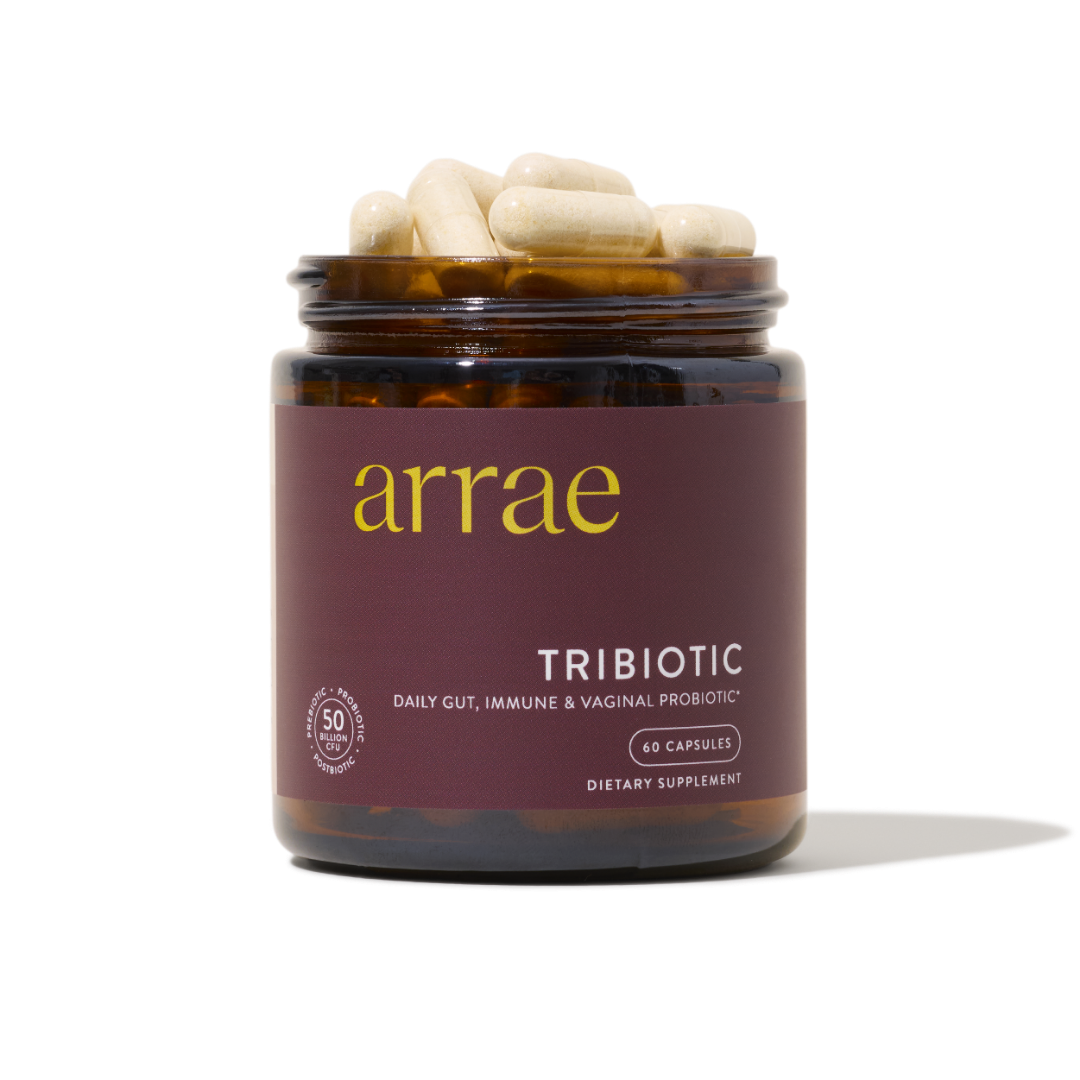
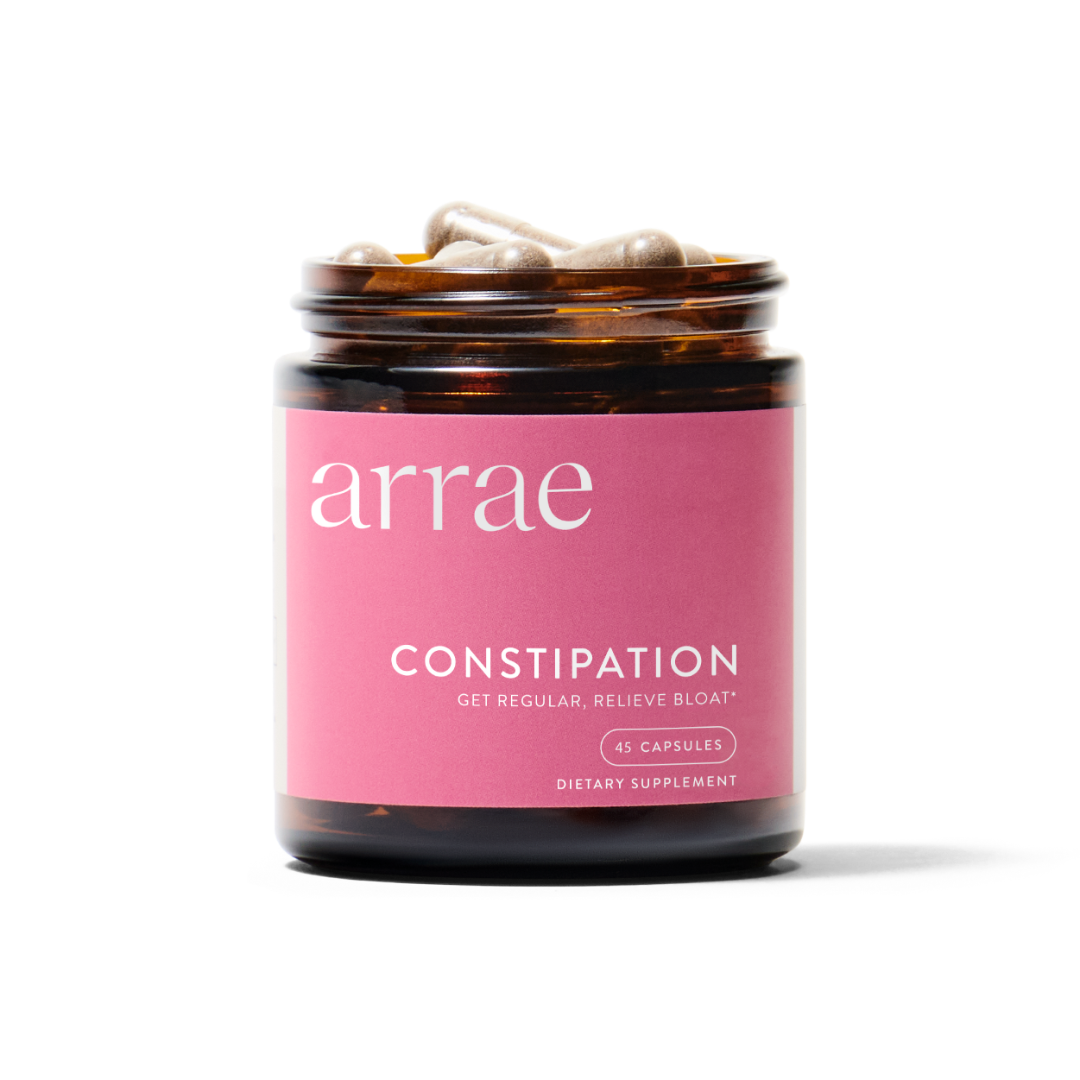

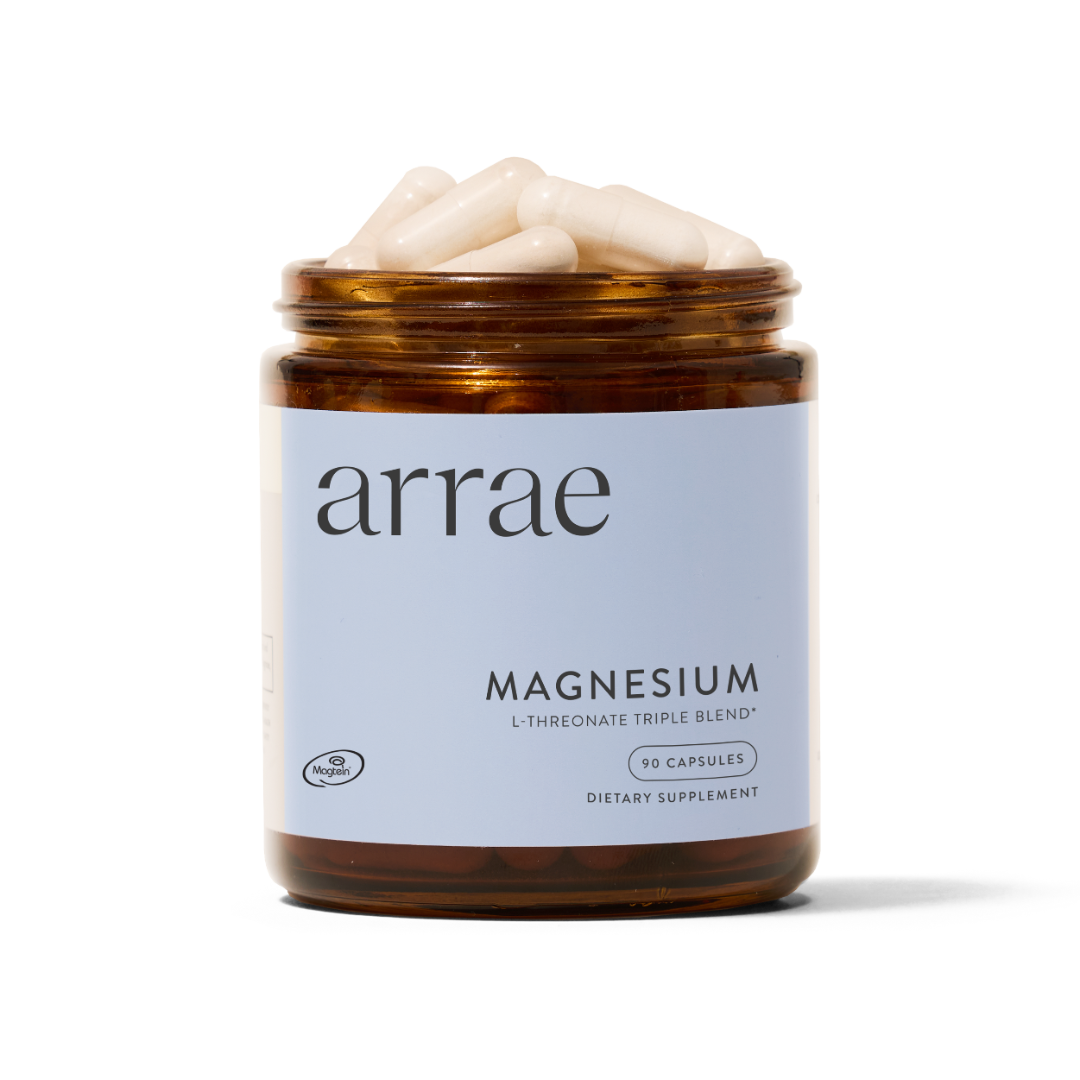
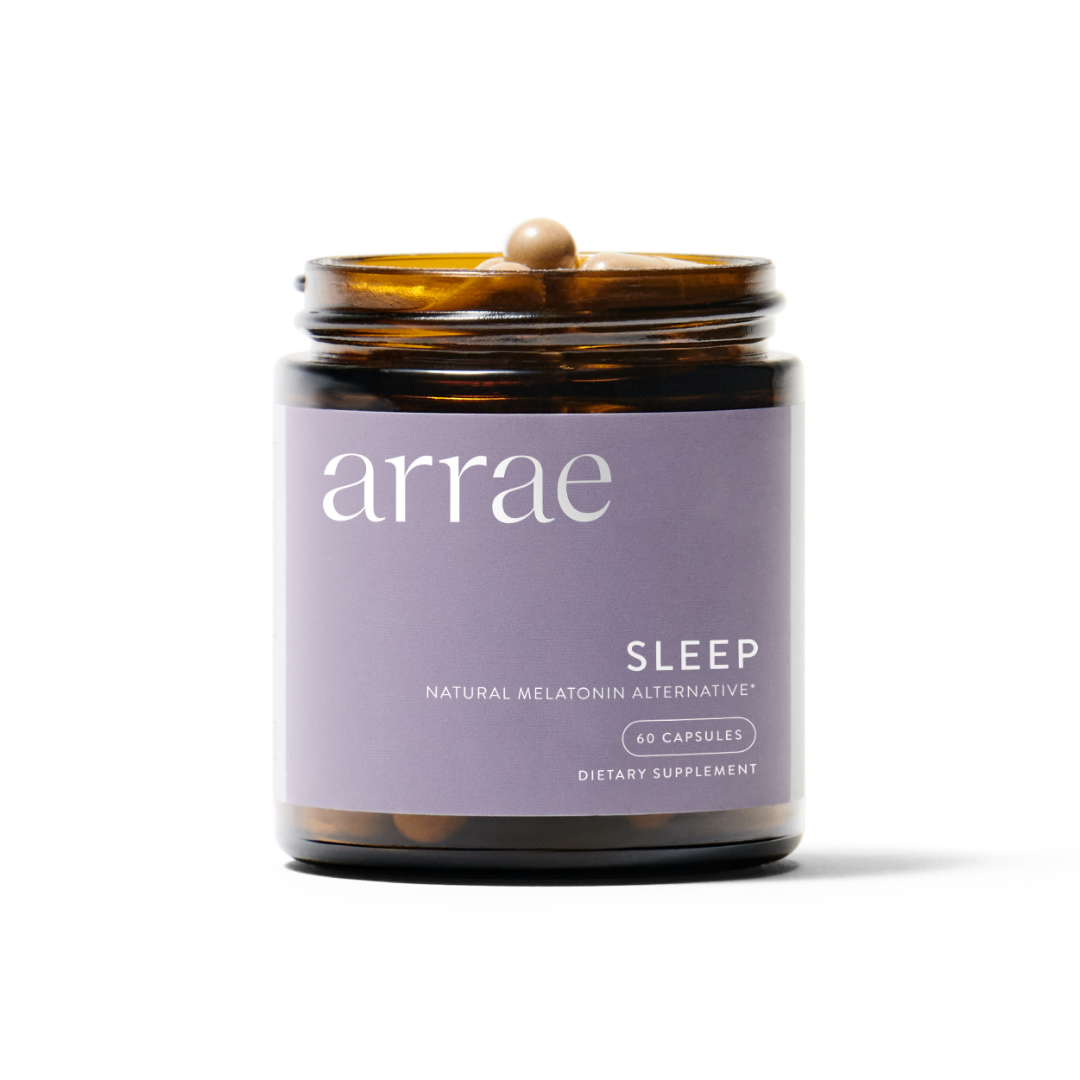
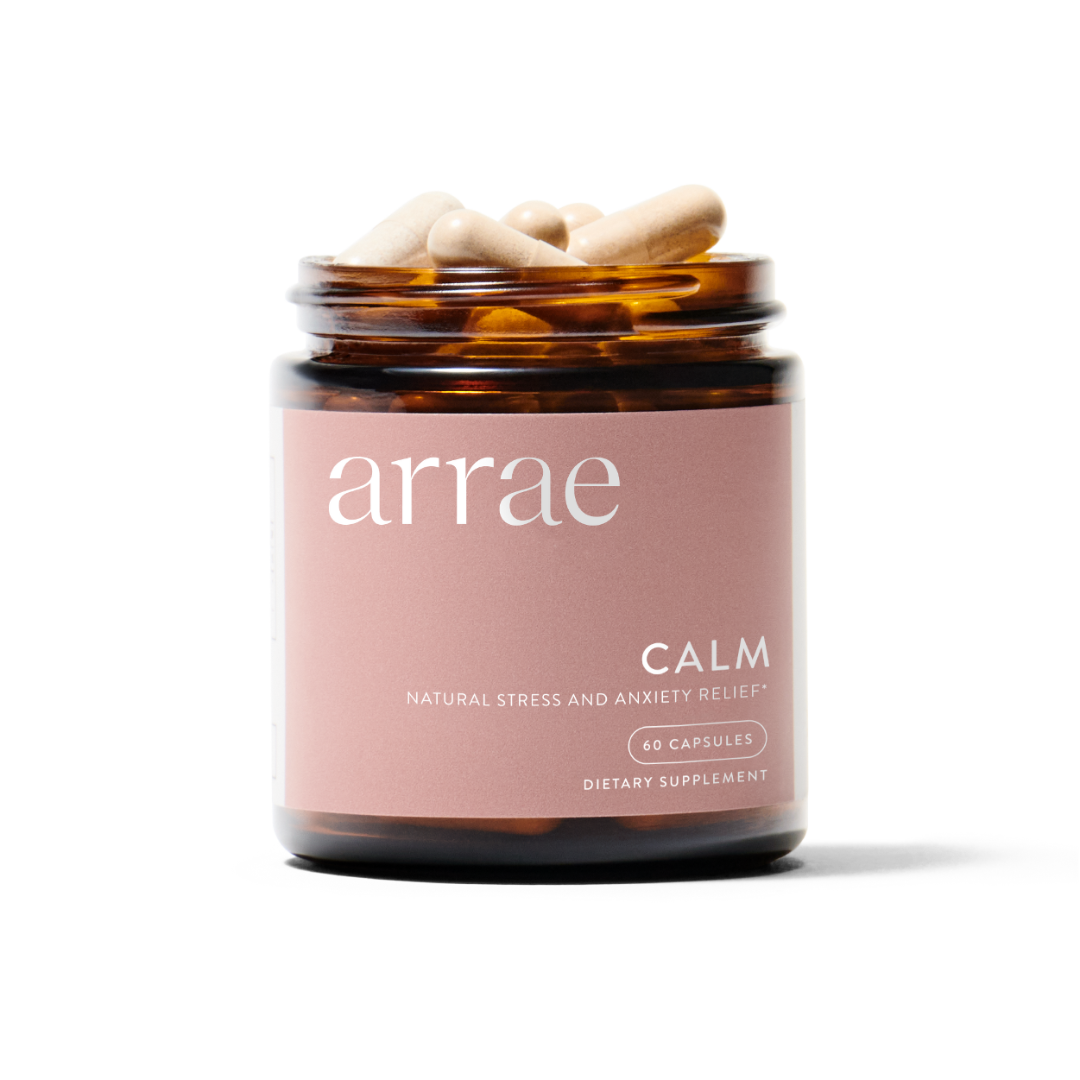
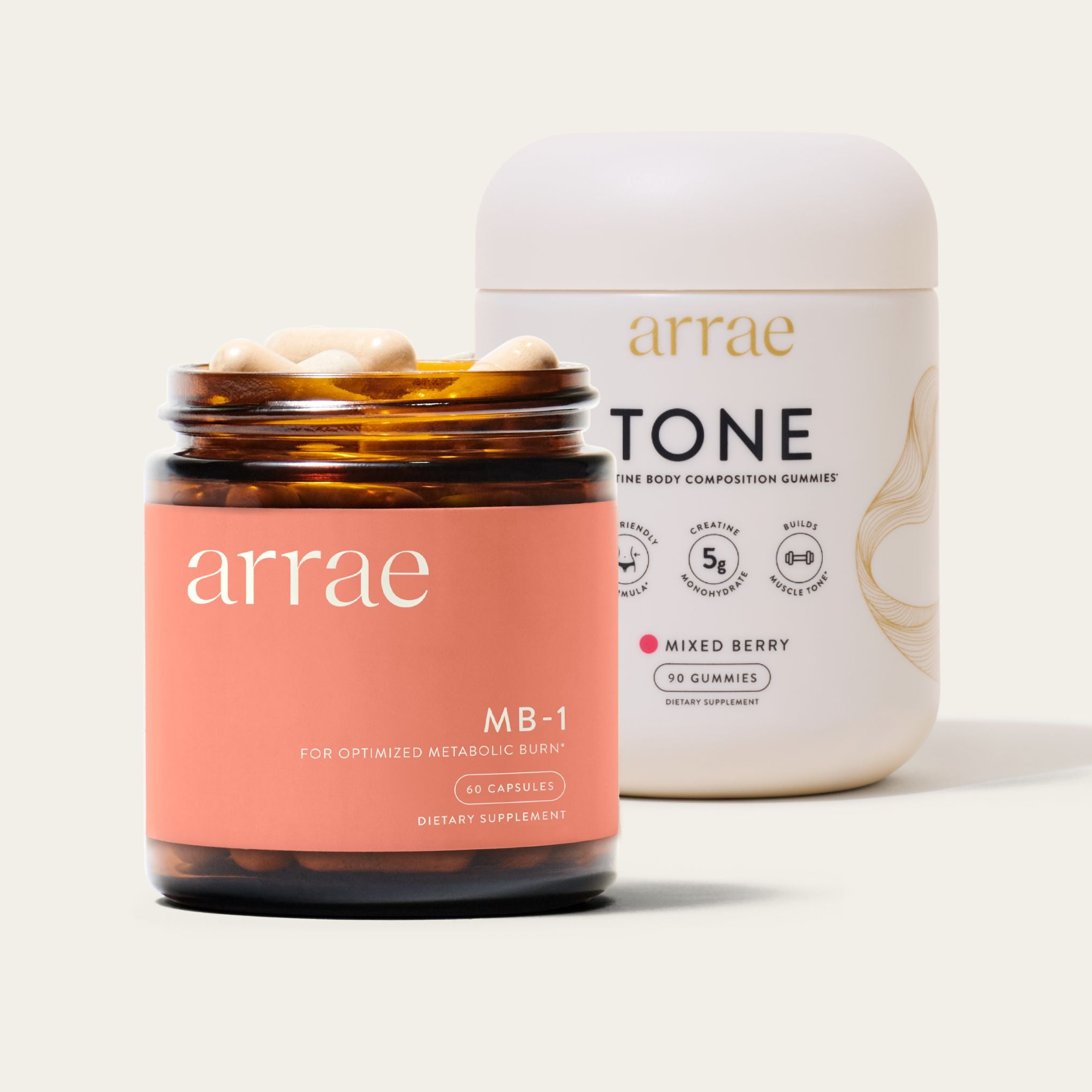
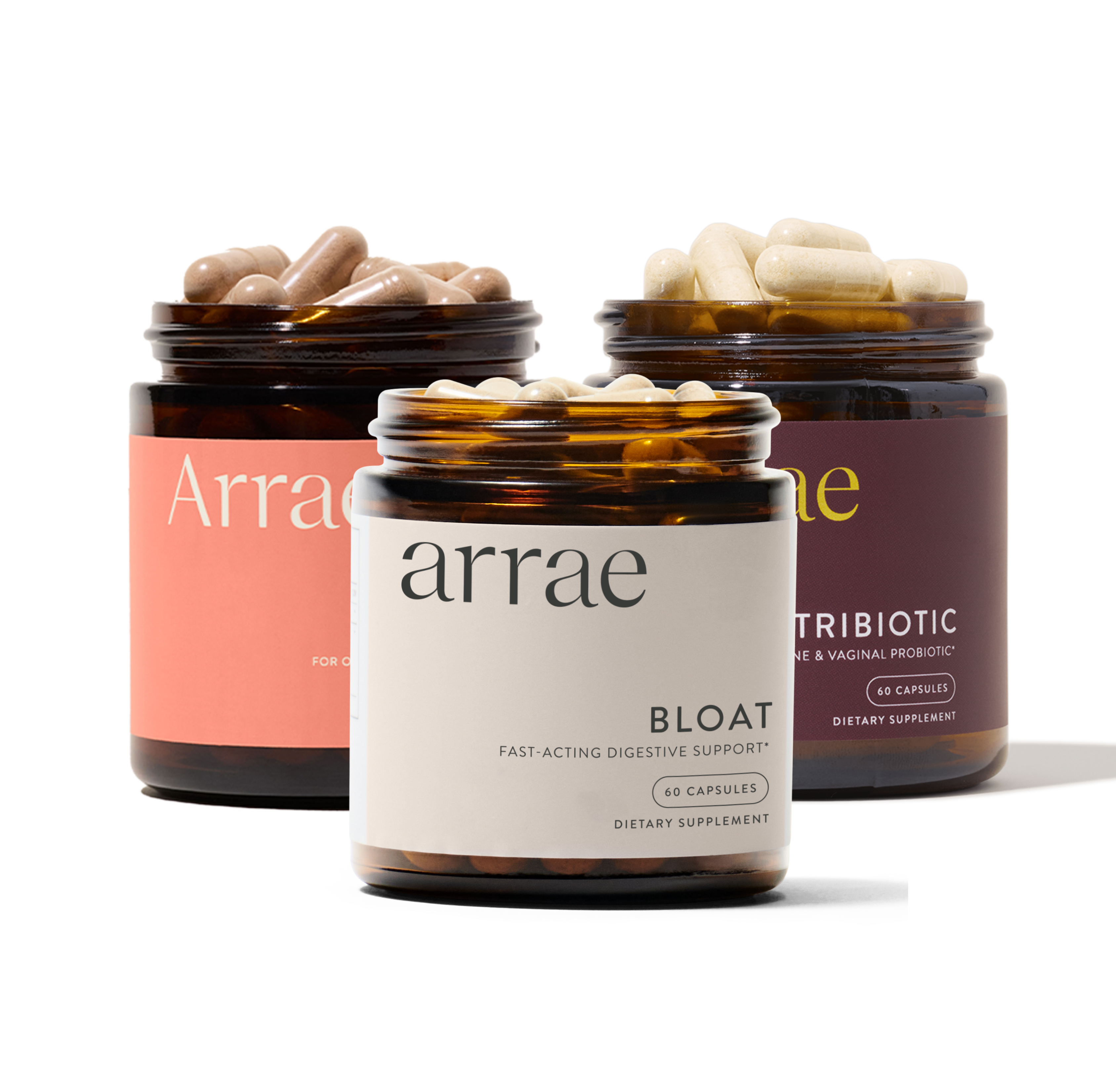
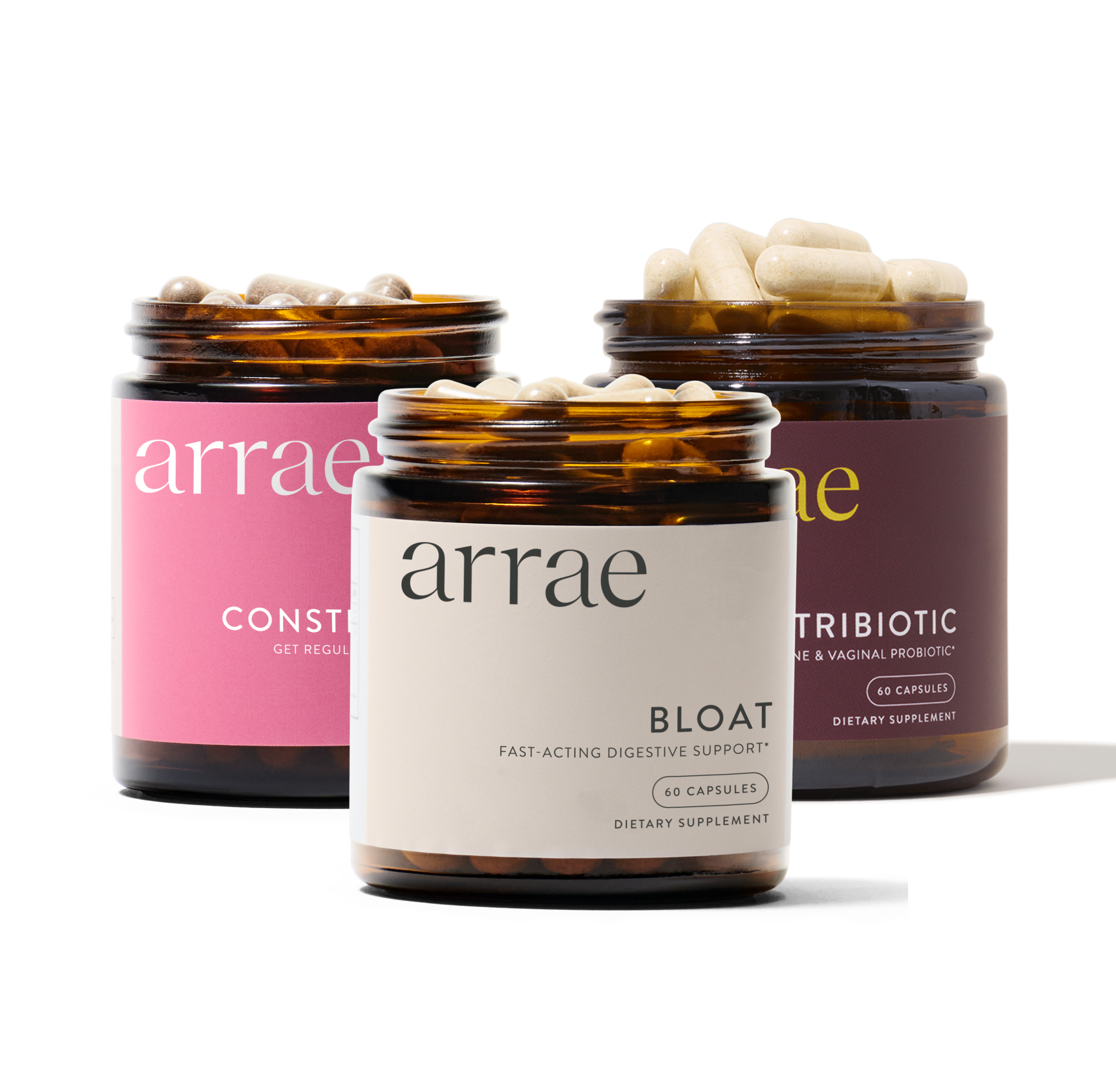






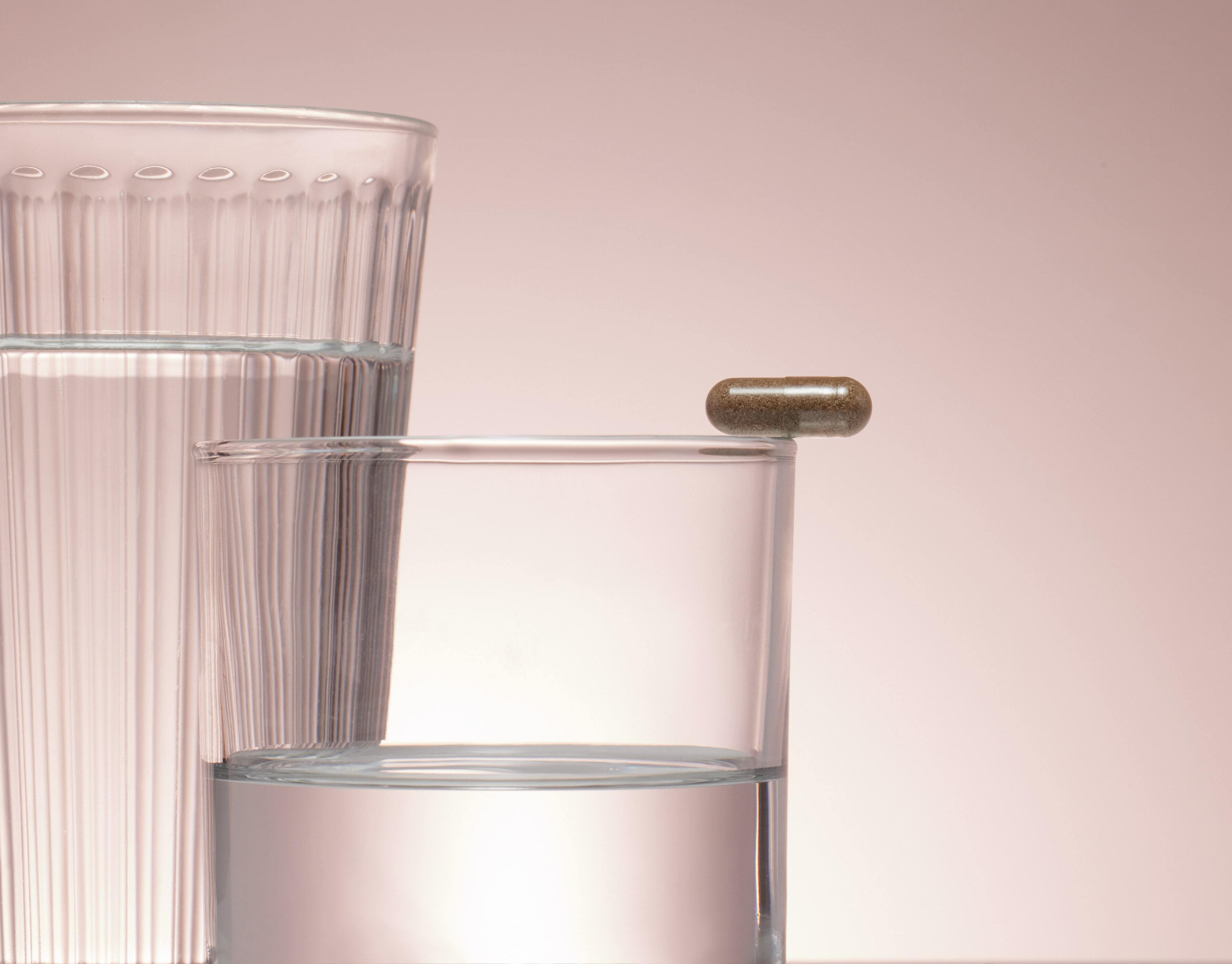

 Instagram
Instagram TikTok
TikTok Youtube
Youtube Facebook
Facebook Email
Email